Why do some medications need to be taken on an empty stomach?
Sept 16, 2024 | 5 minute read
You may have noticed specific instructions when prescribed a new medication: “Take on an empty stomach.” But why does it matter? Let’s dive into the reasoning behind this common directive.
Certain medications are required to be taken on an empty stomach to ensure they are absorbed into the bloodstream more effectively. When the stomach is empty, the medication does not have to compete with food for absorption. Some medications, if taken with food, may have delayed or reduced absorption, which can diminish their effectiveness.
The general guideline is to take these medications one hour before a meal or two hours after to ensure the stomach is empty. This allows the medicine to enter the bloodstream and start working more quickly.
It’s also important to note that some foods and drinks can interact with medications, either enhancing or reducing their effects. Therefore, taking medication on an empty stomach can also prevent these potential interactions.
The role of food in medication absorption
Medications are designed to work in a particular way, but food can sometimes interfere with this process. When you eat, your stomach produces gastric acid and enzymes that break down food. The presence of food can alter the way your body absorbs medication, which could either enhance or reduce its effectiveness. But how?
Slower Absorption: Food may slow down the absorption of certain drugs, delaying the time it takes for the medication to start working.
Reduced Effectiveness: For some medications, food can block or reduce the absorption of the active ingredients, making the treatment less effective.
Enhanced Absorption: Interestingly, for other drugs, food can increase absorption, potentially causing more side effects than expected.
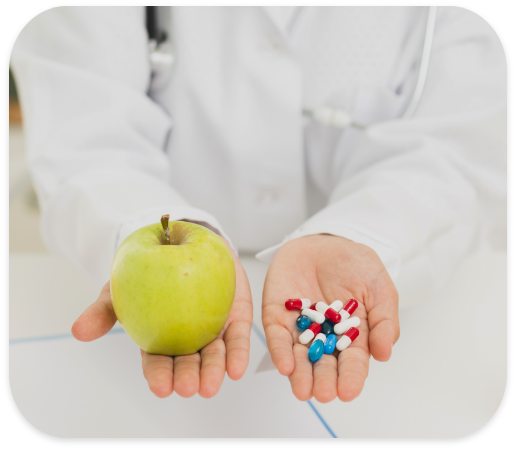
Why empty stomach?
Some medications require a clear path for optimal absorption. The phrase “empty stomach” typically means taking the medication at least one hour before eating or two hours after eating. This ensures the drug enters your system as intended, without interference from food or beverages.
Examples of medications taken on an empty stomach:
| Medication | Reason for Empty Stomach Requirement |
|---|---|
| Levothyroxine (Thyroid Hormone) | Food can decrease absorption, leading to reduced effectiveness. |
| Bisphosphonates (for osteoporosis) | These drugs can irritate the esophagus and are better absorbed without food. |
| Certain Antibiotics (e.g., Ampicillin) | Food can reduce absorption, delaying the drug's effects. |
What happens if you take medications with food?
Taking a medication that’s meant for an empty stomach with food may reduce its efficacy. Have you ever wondered if you could be unintentionally sabotaging your treatment by not following the instructions?
Consider asking yourself:
“Am I following the correct instructions to maximize the benefits of my medication?”
“Could the timing of my meals be affecting how well my medication works?”
By simply adjusting the timing of your medication, you may significantly improve its effectiveness.
Common medications that should be taken on an empty stomach
Thyroid Medications: Levothyroxine (Synthroid) should be taken on an empty stomach 30-60 minutes before breakfast, avoiding certain foods and drinks like coffee, walnuts, and grapefruit juice for proper absorption.
Sucralfate: Take on an empty stomach, 1 hour before or 2 hours after meals, to properly coat ulcers and enhance healing.
Sildenafil: Works best on an empty stomach; fatty meals may delay effectiveness.
Captopril: Take 1 hour before or 2 hours after meals for optimal blood pressure control.
Bethanechol: Take 1 hour before or 2 hours after meals to prevent nausea. Ampicillin: Take 30 minutes before or 2 hours after meals for better absorption.
How do i know if i should take my medications on an empty stomach?
Always refer to the medication’s label and ask your pharmacist or doctor for guidance. Some questions you can ask yourself or your healthcare provider include:
“Is my medication better absorbed without food?”
“What happens if I mistakenly take this medication with a meal?”
“How can I structure my meals to align with my medication schedule?”
Conclusion:
Understanding why certain medications need to be taken on an empty stomach is crucial to ensuring your treatment is as effective as possible. By following the prescribed instructions and aligning your medication schedule with your eating habits, you optimize your health outcomes.
Remember, while this blog offers insights into how medications work, always consult your healthcare provider for personal medical advice. Your doctor knows your specific health needs and can provide tailored guidance to help you achieve the best results.
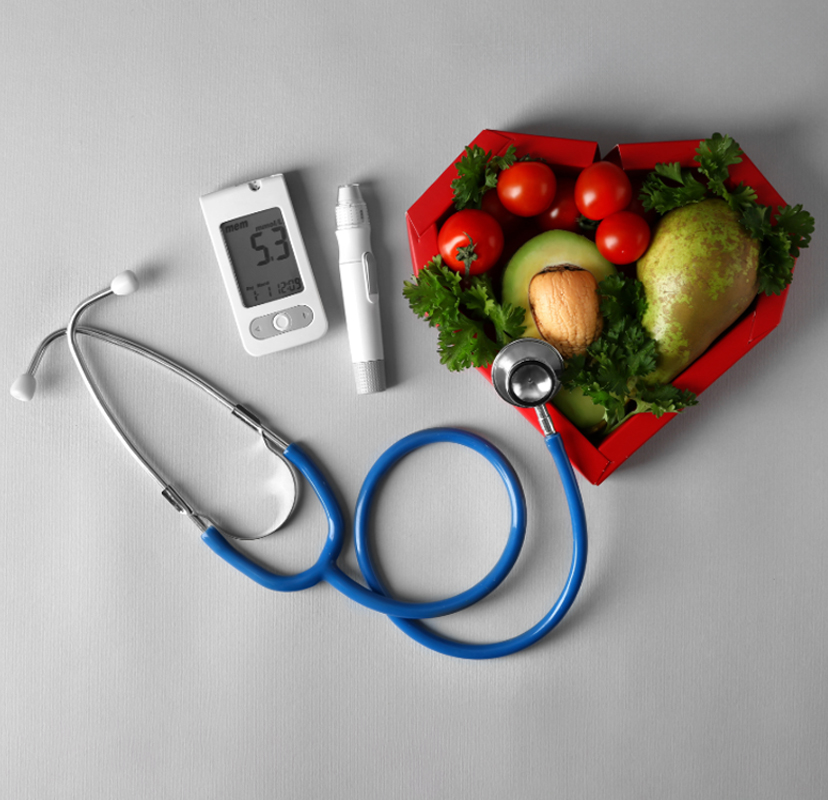
Effective Diet to Manage Your Diabetes
Living with diabetes requires careful management of your diet to control blood sugar levels and maintain overall health.
Sep 05, 2024 | 5 minute read

Alzheimer's Disease Part - 2: Causes, Risk Factors, Diagnosis, and Treatment of Alzheimer's Disease
Aug 20, 2024 | 5 minute read

Alzheimer’s disease Part 1: causes, symptoms, treatment, screening, and stages
Aug 02, 2024 | 5 minute read
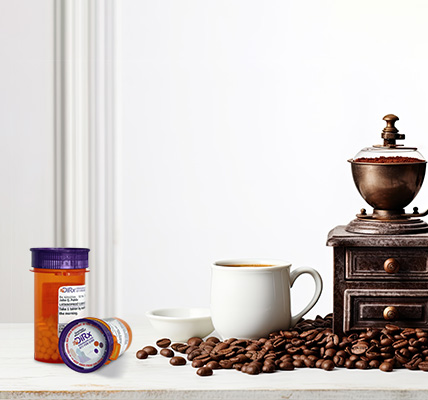
Medications That Don’t Mix with Coffee
In the United States, coffee is more than just a beverage-it’s a beloved daily ritual.
July 2, 2024 | 5 minute read
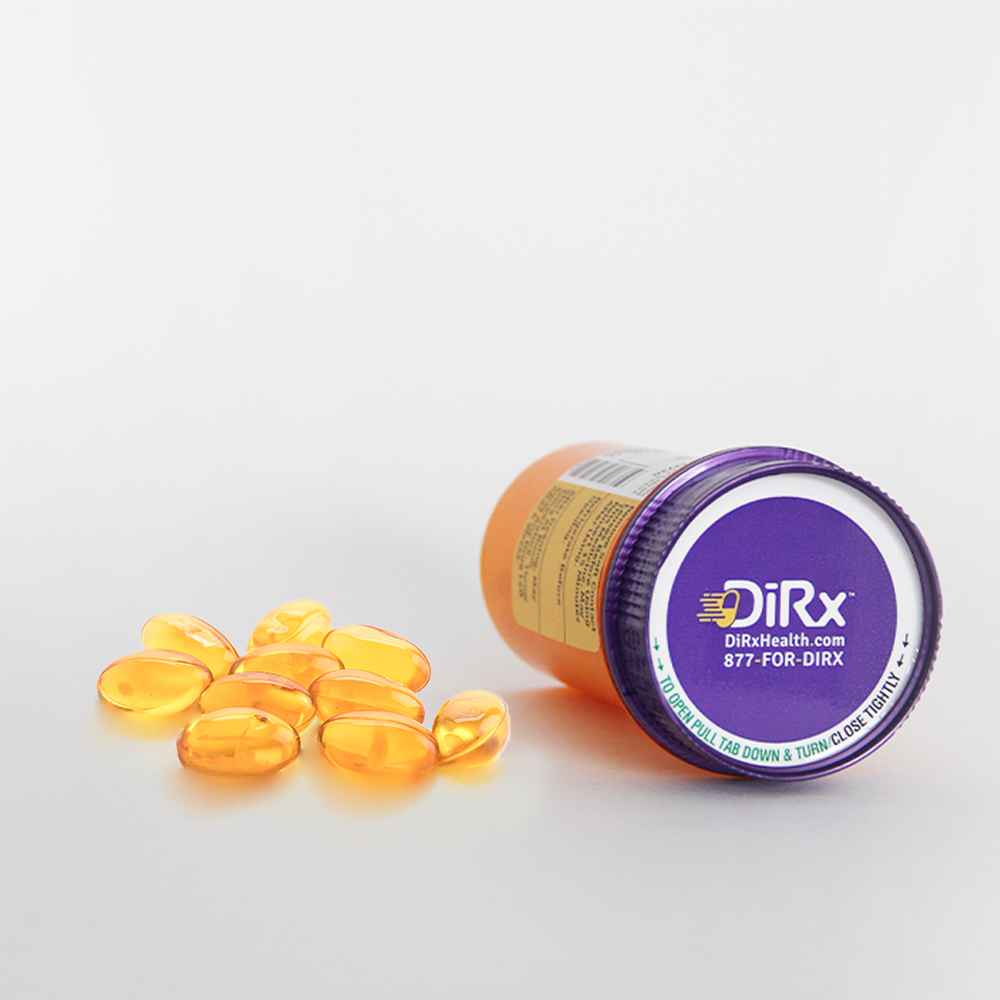
Everything You Need to Know About Benzonatate (Tessalon Perles)
Benzonatate, also known as Tessalon Perles, is a prescription oral medication that helps relieve and suppress cough in patients over the age of ten.
June 25, 2024 | 10 minute read
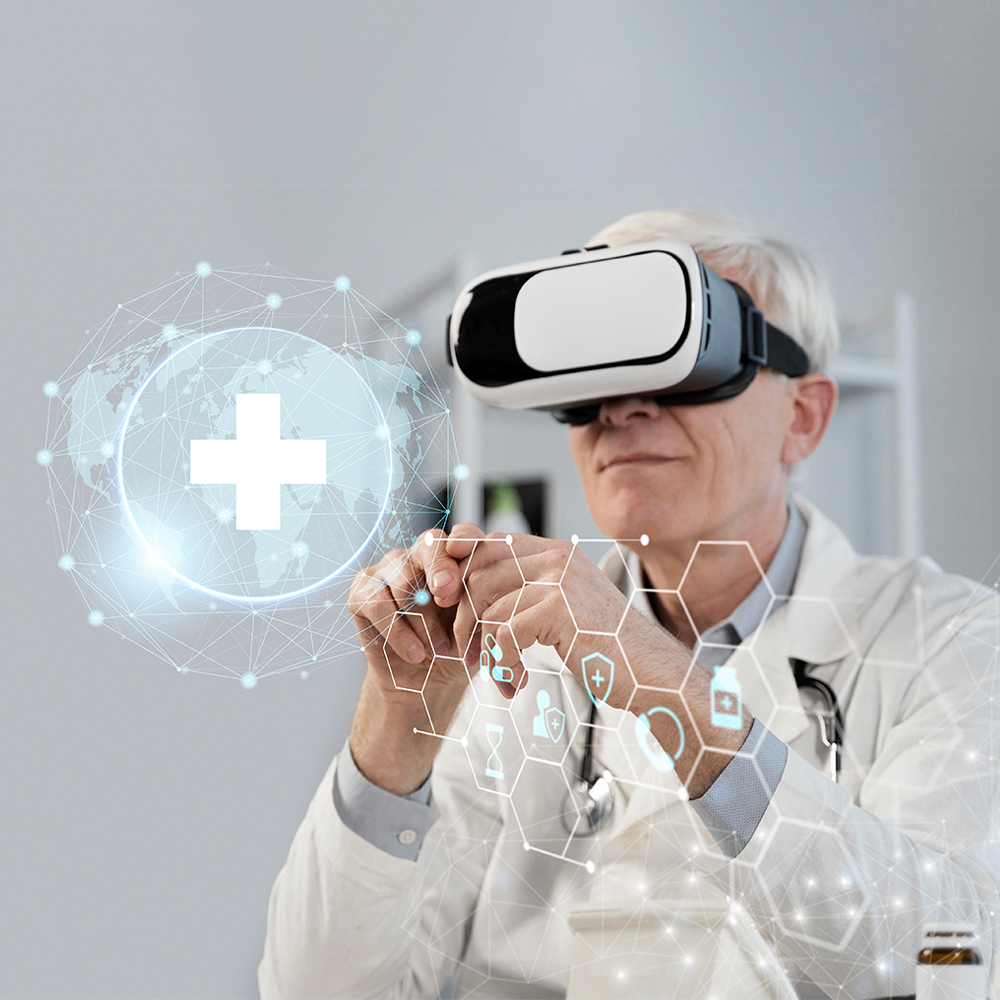
AI in Healthcare - Part 2: Transforming Healthcare with Artificial Intelligence
The integration of artificial intelligence (AI) in healthcare is revolutionizing the industry.
June 17, 2024 | 5 minute read

Men's Health Matters! Age-Wise Checkups & Screenings You Need
Taking charge of your health is an empowering journey, and preventive care is the cornerstone.
June 10, 2024 | 10 minute read

AI in Healthcare - Part 1: The Future of Medical Diagnosis & Treatment
Imagine a world where robots perform surgery, AI diagnoses diseases with superhuman accuracy, and virtual assistants manage your medications.
June 3, 2024 | 5 minute read
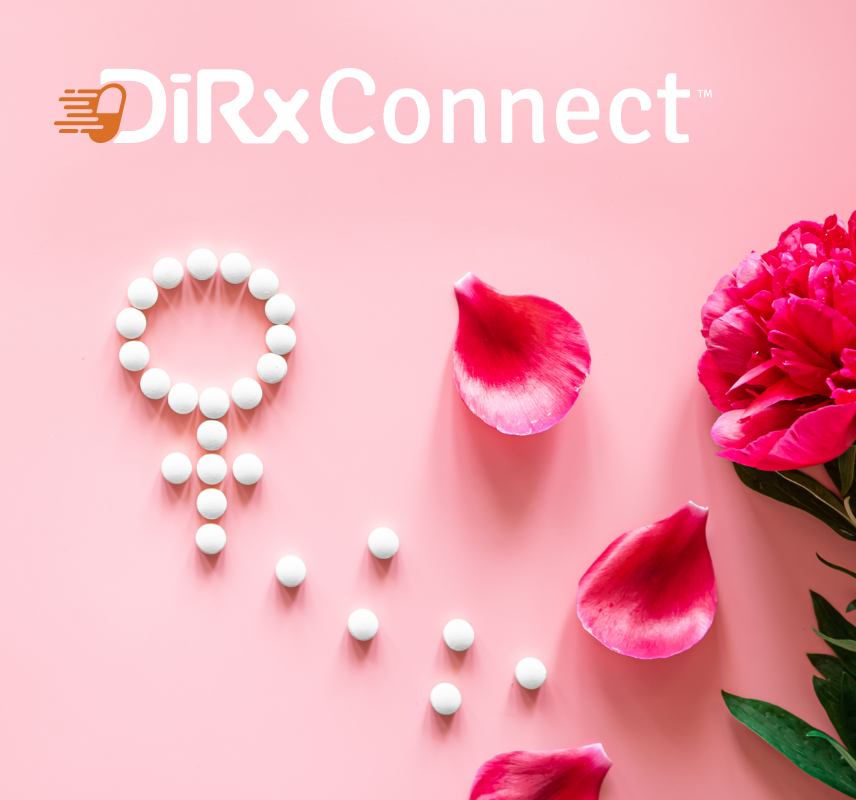
Women’s Health FAQs Answered: A Comprehensive Guide
As a woman, taking care of your health should be a top priority, but it’s common to have questions and concerns. That’s why we’ve compiled this comprehensive blog to address some of the most frequently asked questions around women’s health
May 22, 2024 | 10 minute read

Understanding Euthyrox® (Levothyroxine): Your Comprehensive Guide to Thyroid Health
May 15, 2024 | 5 minute read
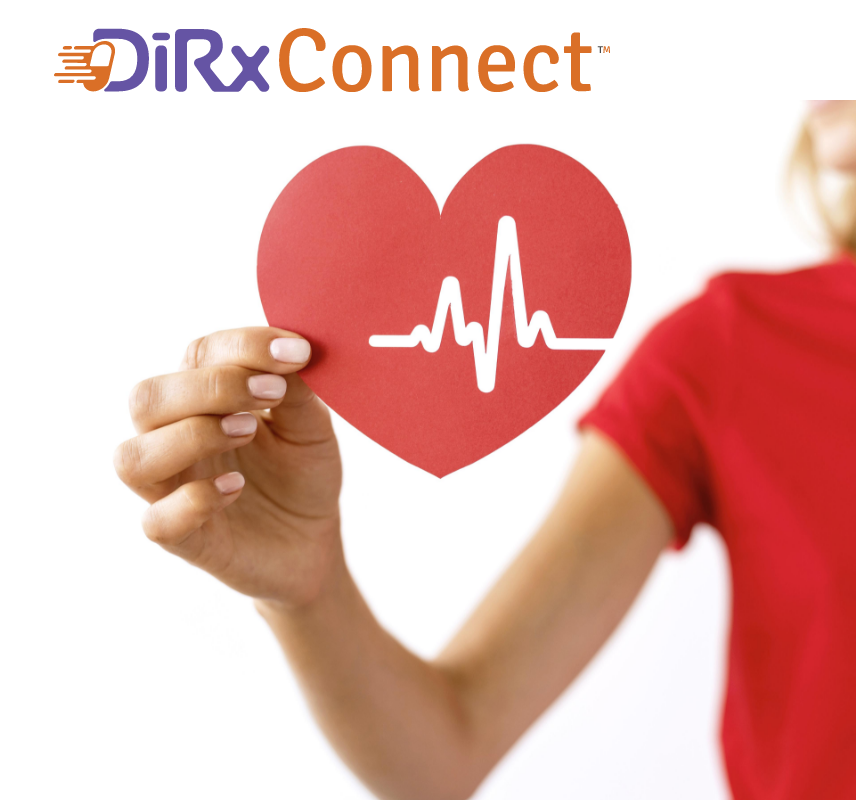
Prioritising Heart Health: A Vital Guide for Women in America
In the bustling rhythm of American life, women often prioritize everyone else’s health over their own. Yet, here’s a sobering fact: heart disease is the leading cause of death among American women, surpassing all types of cancer combined.
May 3, 2024 | 5 minute read
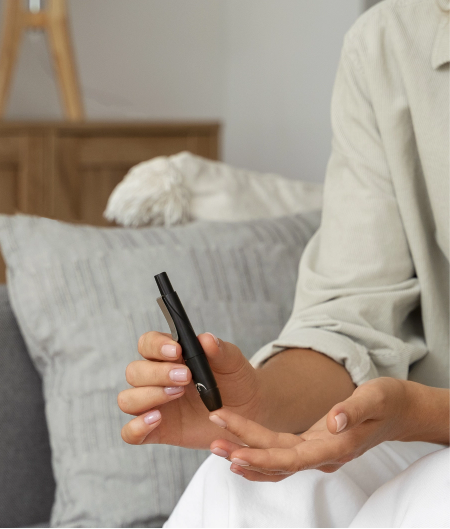
Your guide to Healthy Living:
Managing Diabetes
Whether you’ve recently been diagnosed or have been living with diabetes for years,
Feb 19, 2024 | 5 minute read
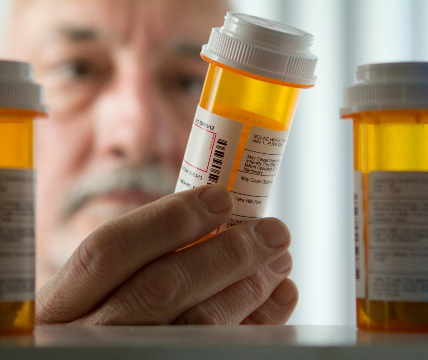
Understanding a Drug’s Journey to Generic Production
In today’s healthcare landscape, the rising costs of prescription medications have become a significant
July 18, 2023 | 3 minute read

Revolutionizing Women’s Healthcare: Empowering Women’s Health with DiRx
Here at DiRx Health, we’re on a mission to empower women to take control of their health and well-being.
March 8, 2023 | 5 minute read

Five reasons every woman needs an annual visit with a primary care provider
May 10, 2022 | 3 minute read

Get relief from pollen allergies
Learn ways to help prevent pollen allergies and how to ease the symptoms
July 18, 2023 | 3 minute read
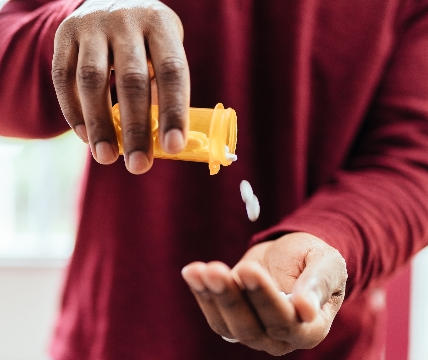
Introducing Kyzatrex: A safe, effective and painless option for Testosterone Replacement Therapy
Aug 14, 2023 | 4 minute read

Counting the Cost
The Financial Burden of Living with Chronic Conditions
May 16, 2023 | 3 minute read
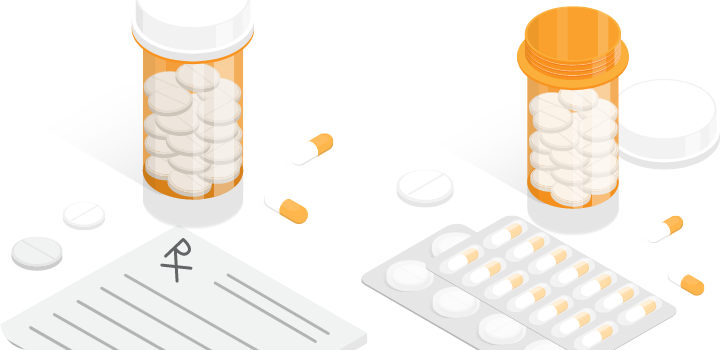
3 ways to make filling a prescription easier
If you wish your pharmacy experience was a smoother and more pleasant one, here are a few ideas that can help
April 11, 2023 | 3 minute read

For the Love of Black History
Striving for a healthier future through accessibility
February 14, 2023 | 4 minute read

Falling out-of-network with your pharmacy
Why this happens and protecting your bottom line
December 13, 2022 | 5 minute read
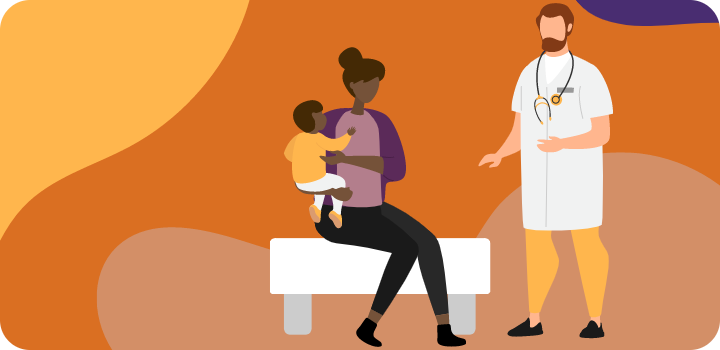
Take control of your personal healthcare decisions
Options to consider for the new year
November 14, 2022 | 5 minute read
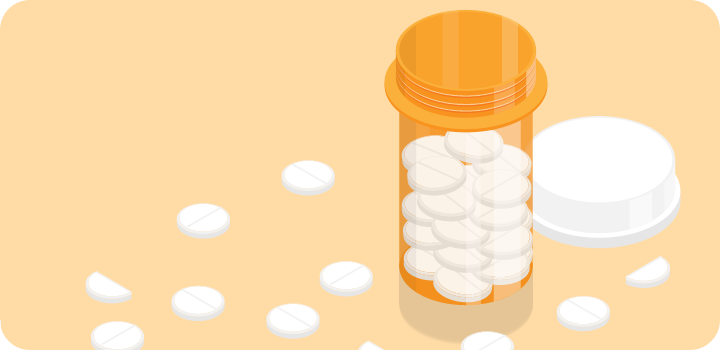
How parents can lighten the impact of the impending Adderall shortage
Tips from our DiRx Pharmacy Team
October 18, 2022 | 2 minute read

The HSA, HRA and FSA – understanding the difference
Are you taking full advantage of your benefit?
October 03, 2022 | 2 minute read

A pharmacist's perspective on the challenges patients are facing today.
An interview with Rima Arora, PharmD, RPh, Director of Pharmacy at DiRx
August 24, 2022 | 4 minute read

What can we do about the soaring cost of prescription medicine?
An interview with Satish Srinivasan, DiRx Founder and Chief Executive Officer
July 22, 2022 | 6 minute read

Is a prostate cancer screening right for you?
Learning more about prostate cancer screening risks and benefits can help you decide if it's right for you
June 8, 2022 | 4 minute read

How Safe is your prescription information online
Your prescriptions are part of your protected health information. Understand how it is used, shared and protected
May 25, 2022 | 3 minute read

Choosing an online pharmacy you can trust
Not all pharmacies are the same. Choosing one that you can depend on with your medicines and your health are important
April 13, 2022 | 3 minute read

5 reasons that choosing an online pharmacy may be right for you
Lots of people are discovering the benefits of choosing an online pharmacy for their prescription drug needs
March 30, 2022 | 3 minute read

Should you consider switching from brand-name to generics?
Being an informed healthcare consumer includes doing your homework when it comes to making decisions
March 16, 2022 | 3 minute read

EUTHYROX®, a branded
Levothyroxine is also available.
Tap here to know more
Buying Kyzatrex for the first time?
Use code FREETRIAL to get a 1 month supply of Kyzatrex for FREE






